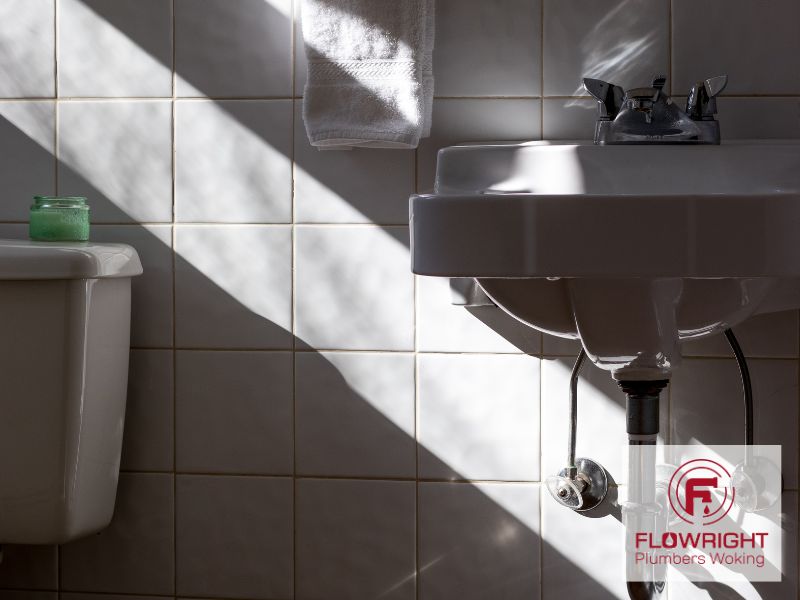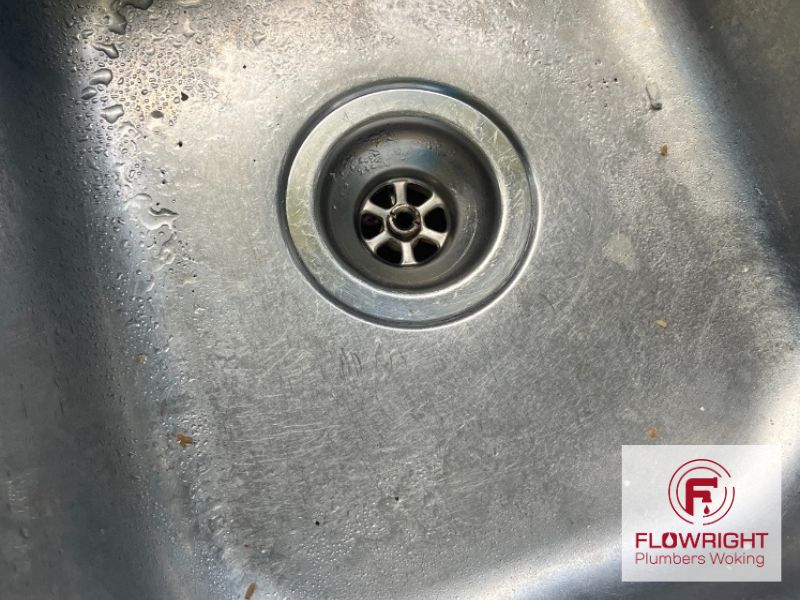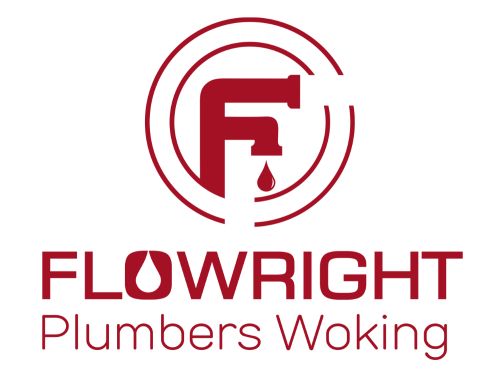Tired of dealing with blocked drains in your home? Help is here! You’re hosting a dinner party and suddenly, the sink starts to back up, leaving you frantically searching for a solution. Fear not! This article will provide you with essential tips for DIY drain unblocking that will save you time and money.
Once you have identified the location of the problem – is it just one sink or multiple drains in your house? – grab your trusty plunger and get to work. Plunging vigorously can often dislodge the blockage and get things flowing smoothly again.
If plunging doesn’t work, homemade drain cleaner solutions can be effective. We’ll show you how to create these powerful mixtures using simple ingredients found in your kitchen pantry.
For more stubborn blockages, a plumbing snake or wire hanger can be useful. These tools allow you to physically remove any debris causing the obstruction.
Lastly, we’ll share tips on regular maintenance to prevent future blockages from occurring. By following these essential tips, you’ll become a DIY drain unblocking expert in no time!
Please indicate the location of the obstruction.
Before you grab your tools, take a moment to feel the frustration building as you attempt to locate the exact spot where your drain is blocked.
Common signs can help you find the blockage quickly and efficiently. Watch for slow drainage, gurgling sounds, or foul smells coming from the drain. These usually indicate that there’s a minor blockage that needs attention.
Once you have identified the location, it’s time to deal with the issue yourself. However, if you encounter a difficult blockage or if your attempts are unsuccessful, do not hesitate to seek professional plumbing contractor. They have the necessary expertise and tools to handle more complex situations and ensure that your drain is completely unblocked.
Remember, sometimes it’s best to leave it to the professionals for guaranteed results.
Use a Plunger to Clear the Blockage
To effectively unblock a drain, a plunger is a highly effective tool. Ensure that there is enough water in the sink or bathtub to cover the rubber cup of the plunger. Place the plunger over the drain and press down firmly to create a tight seal.
Rapidly push and pull on the handle to create suction and pressure, which will attempt to dislodge the blockage. Repeat this action several times until you feel the resistance giving way. Keep trying, but be cautious not to apply too much force, as it may cause damage to the plumbing system.
If plunging does not work, consider trying other alternatives such as using baking soda and vinegar, or a plumbing snake.
Try a Homemade Drain Cleaner Solution
When faced with stubborn blockages, why not consider trying a homemade drain cleaner solution? By using natural methods, you can avoid relying on harsh chemicals and still effectively clear minor blockages. One popular alternative is a mixture of baking soda and vinegar. Simply pour half a cup of baking soda down the drain, followed by half a cup of vinegar. Allow the mixture to fizz for approximately 15 minutes before rinsing it away with hot water.
Another option is to use salt and boiling water. Pour half a cup of salt down the drain, followed by boiling water. After a few minutes, rinse with hot water.
These homemade drain cleaner alternatives are not only effective but also safer for your pipes and the environment.
Use a Plumbing Snake or Wire Coat Hanger to Remove Blockages
If you’re having trouble with a persistent blockage, you could try using a plumbing snake or wire hanger to solve the problem. These tools can help clear small blockages and allow water to flow freely in your drains once again.
To use a plumbing snake, simply insert it into the drain and turn the handle in a clockwise direction to break up any debris or buildup.
Alternatively, you can bend a wire hanger into a hook shape and insert it into the drain to catch and remove clogs. This method can be particularly effective for removing hair clogs, which are common in bathroom drains.
It’s important to remember that using chemicals to unclog drains may not always be successful and can even cause damage to your pipes.
If these do-it-yourself methods don’t work, it’s recommended to contact professional drain cleaning services for comprehensive and effective assistance.
Prevent Future Blockages with Regular Maintenance
Regular maintenance is vital for ensuring that water flows freely in your drains and to avoid expensive repairs. Here are four tips to help prevent future blockages:
- Fit a drain strainer: Put a drain strainer in your sinks and showers to catch hair, food particles, and other debris before they enter the pipes.
- Pour boiling water down the drain: Once a week, pour hot water down your drains to help dissolve grease and keep them running smoothly.
- Avoid pouring grease down the drain: Grease can solidify in the pipes and cause blockages over time. Let it cool and dispose of it in the bin.
- Seek professional inspections: Hire professional drain maintenance services to regularly inspect your plumbing system for any potential issues or blockages that may be developing.
By following these steps, you can maintain clear drains and prevent future blockages.
Frequently Asked Questions
Can I use a plunger on any type of drain blockage?
No, you cannot simply use a plunger to remove all types of drain blockages. I’m sorry to disappoint you! Plungers have their limitations. They are most effective for simple clogs and blockages that are near the surface.
For more stubborn or deeply-rooted blockages, you will need to use alternatives like drain snakes or chemical cleaners. These options provide a more efficient way to deal with those annoying blockages and restore the flow in your drains.
Are there any household items that should never be used as a homemade drain cleaner solution?
Household items such as bleach, vinegar, and bicarbonate of soda should never be used as homemade drain cleaners. These substances can cause harm to your pipes and may not effectively unclog the drains. Instead, choose alternative methods to unclog drains.
One option is using a drain snake or wire hanger to physically remove the blockage. Another way is pouring boiling water down the drain to dissolve any grease or debris. It is important to avoid using hazardous household items as drain cleaners to protect the health of your plumbing system.
How deep should I insert a plumbing snake or wire hanger into the drain to clear a blockage?
To effectively clear a blockage using a plumbing snake or wire hanger, insert it until you feel resistance. This is typically at a depth of around 2-3 inches. Be cautious not to push it further as it may harm the pipes.
It is advisable to consult a professional regarding alternative drain cleaning methods as homemade solutions can be unpredictable and potentially lead to pipe corrosion or exacerbate the blockage.
Is there a specific type of maintenance routine I should follow to prevent future drain blockages?
To prevent future drain blockages, it is essential to establish a preventive maintenance routine. Implementing preventive measures can save you from costly repairs and inconvenience.
Here are some tips to follow:
- Use hot water and an enzyme-based cleaner regularly to clean your drains. This will help break down grease and other buildup.
- Avoid pouring oil, food scraps, or harsh chemicals down the drain.
- Install drain screens to prevent debris from entering the drain.
- Inspect pipes regularly for any signs of damage or blockage.
By following these steps, you can maintain a clear drainage system and prevent future drain blockages.
Are there any signs or symptoms that indicate a more serious drain blockage that requires professional assistance?
When it comes to drain blockages, the problem may be more severe than you realise. Signs that indicate a serious blockage include sinks that drain slowly, gurgling sounds, and unpleasant smells.
If your attempts to fix the issue yourself have been unsuccessful, it is time to seek assistance from a professional. A licensed plumber will have the knowledge and tools required to determine when intervention is necessary and resolve the problem promptly.
Do not allow a minor problem to become a major inconvenience – get in touch with a professional today.









